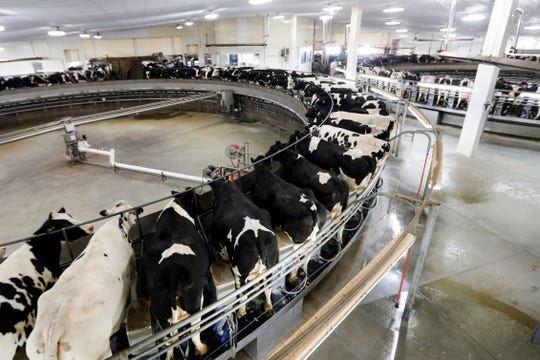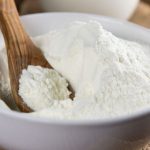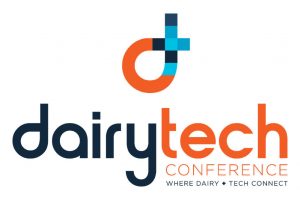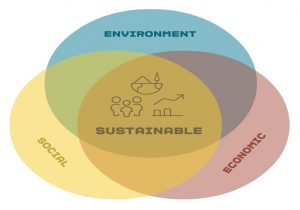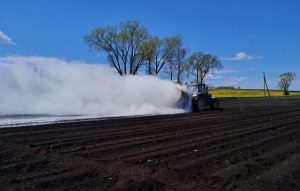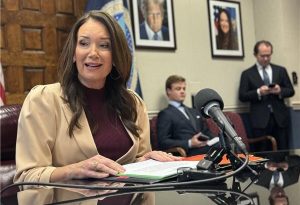
The new report conducted by the Institute for European Environmental Policy (IEEP) finds that there is a need for the dairy industry, politicians, governments and interest groups to work even more closely together going forward if the European dairy sector is to continue to evolve into a sustainable business and production model.
The report also points to the necessity to strike a fair balance between the economic, environmental and social aspects of the sector, as these are intrinsic to securing its sustainable future.
The report states that there are examples where the European dairy sector is already operating within this central space, with many viable farm businesses delivering quality nutrition to consumers, which is produced sustainably.
Yet moving the whole of the dairy sector in this direction will require partnerships and those affected within the sector will need to be supported throughout the transition and incentivised to be part of the change.
The report was commissioned by the European dairy cooperative Arla Foods to clarify the challenges and opportunities that face the sector in Europe in the future.
Peter Tuborgh, CEO at Arla Foods, said: “We wanted an honest and realistic appraisal of the European dairy industry and it was important that an independent third party did this research. The report clearly sets out the challenges.
“But it is also clear how much the dairy sector gives back to Europe. We need to take all these elements of dairy’s impact into account when we identify the right path to maintain and develop an economic stable European dairy sector that is actively taking part in creating a sustainable future.
“We hope that the report will be appreciated as a contribution to the ongoing discussions about how Europe and its food sector should transition into a sustainable continent in terms of economy, environment, health and quality of life as outlined in the European Green Deal.”
Recommendations in the report
Over six months, the IEEP interviewed a number of stakeholders across the value chain, from dairy farmers, to machinery manufacturers, trade unions, environmental and animal welfare NGOs and consumer groups. The results have been peer reviewed by a panel of international academics representing interests across the value chain.
Among the recommendations in the report are:
- A need for the dairy industry to continue on the accelerated path towards carbon net zero production while driving up standards for animal welfare and production transparency.
- A need for the CAP reform to support farmers in the transition towards greater sustainability whilst increasing the quality and value of the products delivered, preferably by incentivizing positive change rather than penalizing.
- A need for a level playing field across the EU on animal welfare standards, food labelling and a clear definition of what a sustainable diet is to help consumers make more informed decisions and comparisons about the foods they buy.
- A need to develop pathways to enable young farmers to enter the industry to bring new skills, ideas and approaches to the sector.
“The report recommends that we come together as an industry and work closely with governments, interest groups and consumers. I am confident that this can be achieved, and I know that Arla Foods will play its part. As a farmer cooperative we have a great sense of responsibility to lead the dairy sector and to establish the necessary partnerships,” said Mr Tuborgh.
Together with its 9,900 farmer owners, Arla has accelerated its journey towards carbon net zero dairy and will continue its focus on providing nutritious, affordable and sustainable dairy products to more people.
Dairy products are found in the majority of fridges across Europe and, according to the European Dairy Association, there are 700,000 dairy farms across Europe and 300,000 people working in dairy processing, all contributing to the economic, social and environmental fabric of Europe as we know it.
The report and its recommendation will be presented today by IEEP at an event in Brussels hosted by Arla.
You can read the full report by clicking here.
TheCattleSite News Desk
